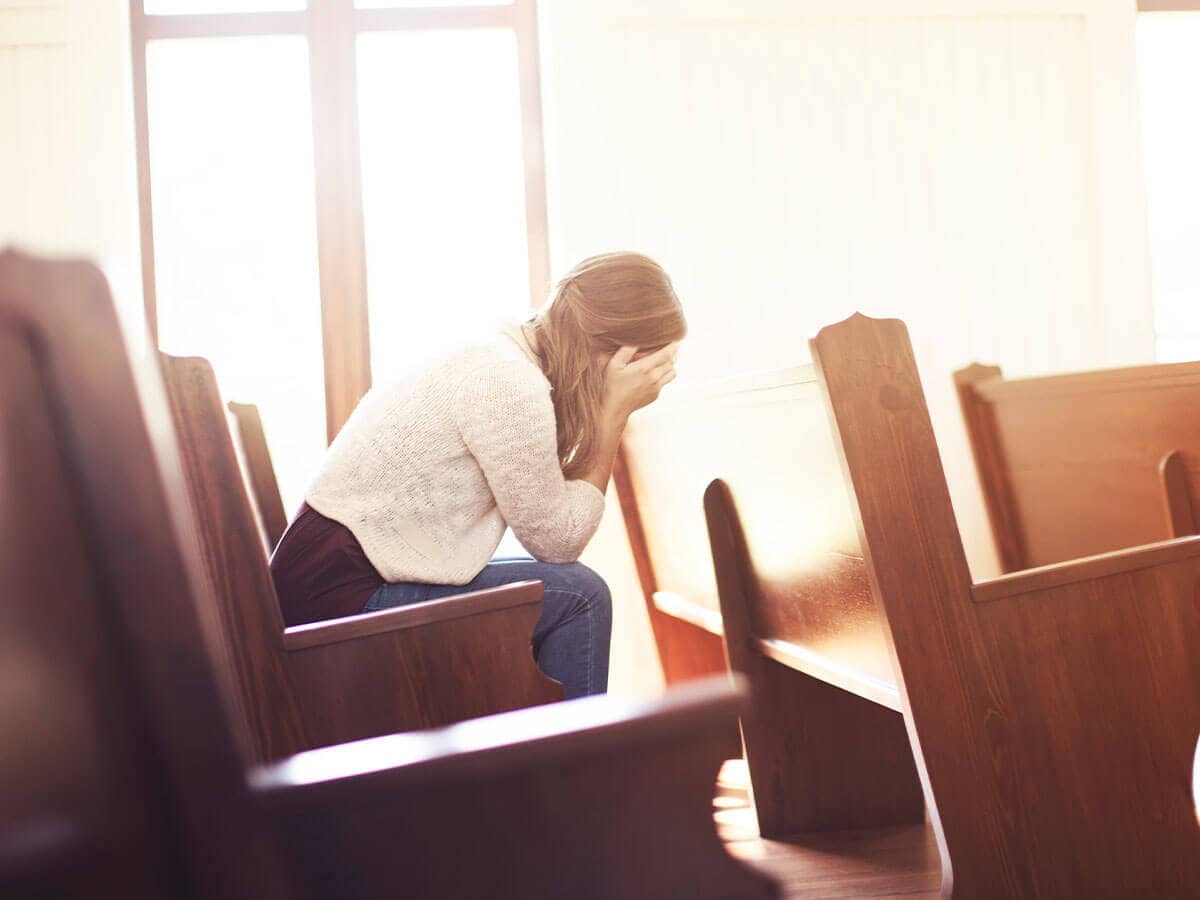Many years later, he and I became good friends as he studied for the rabbinate and entered a chaplaincy program. The whole time I knew him, he had full-blown AIDS. He was sweet and smart and funny and brought a new meaning to the word "compassion." Once we sat on a bet din (religious court) together for a man with AIDS who was converting to Judaism. When the man asked the purpose of the mikveh (ritual bath), Jason replied, "It lifts the T cells of your soul." They both laughed.
Yesterday was Jason's funeral.
Each time I go through this, the wrenching loss of a vibrant young friend, I cannot help but ask the age-old question of "Why?" In three short verses, this week's portion tells the same poignant story. The High Priest Aaron's sons Nadab and Abihu, like my friend Jason, men who served God, were conducting the ancient ritual of incense. Suddenly, the incense fire flamed out of control, and they died. "Then Moses said to Aaron, `This is what Adonai meant in the saying: Through those near to me I am holy; over all people I have power.' And Aaron was silent" (Leviticus 10:1-3).
Later commentators are divided about this story. Much of rabbinic midrash (Leviticus Rabbah and Sifra) tends to blame the young men themselves. It relates that Nadab and Abihu were sinful and drunk, willful and arrogant, that they deliberately brought an improper incense mixture to the altar and God justly punished them. These midrash stories illustrate the regrettable human tendency to seek some sort of rationale for tragedy, to blame the victim. We say something like, "Ah... it was their lifestyle which brought them to death, their own fault. I would never do something like that, so I am safe." Using this method, when one confronts a loss, one must only look backward to search out the sin that caused it. A few years ago, I read a truly frightening piece in an ultra-Orthodox magazine that asserted that one of the causes of the Holocaust was that the mezuzah scrolls of German Jews were not checked often enough and had become unkosher! How sad to add blame and judgment to those who are already suffering.
I believe that Nadab and Abihu had a tragic accident. They mixed too much of the nitrite powder (or whatever made it go bang) into their incense with horrible results. Perhaps it is true by nature or by culture that young men take more risks and have more accidents. Still, blowing yourself up is an accident, not a result of sin, nor a sign of sacrificial purity. AIDS is a disease, and those who die of it do not intend their end. It is not a result of sin, or of particular grace. Those who are left to mourn must somehow make sense of that which is beyond our comprehension.
The Torah tells us that when Aaron learned of his sons' death, he remained silent. He didn't rationalize nor romanticize. He just grieved. Perhaps if Aaron were alive today, if today were the day after his sons were laid in the ground, instead of silence he would say, "Yitgadal v'yitkadah sh'mei rabba," the opening words of the Kaddish, the Jewish mourning prayer. For what other choice is there?
For Jason Gaber (1958-2000), zichrono l'vracha, his memory is a blessing.

